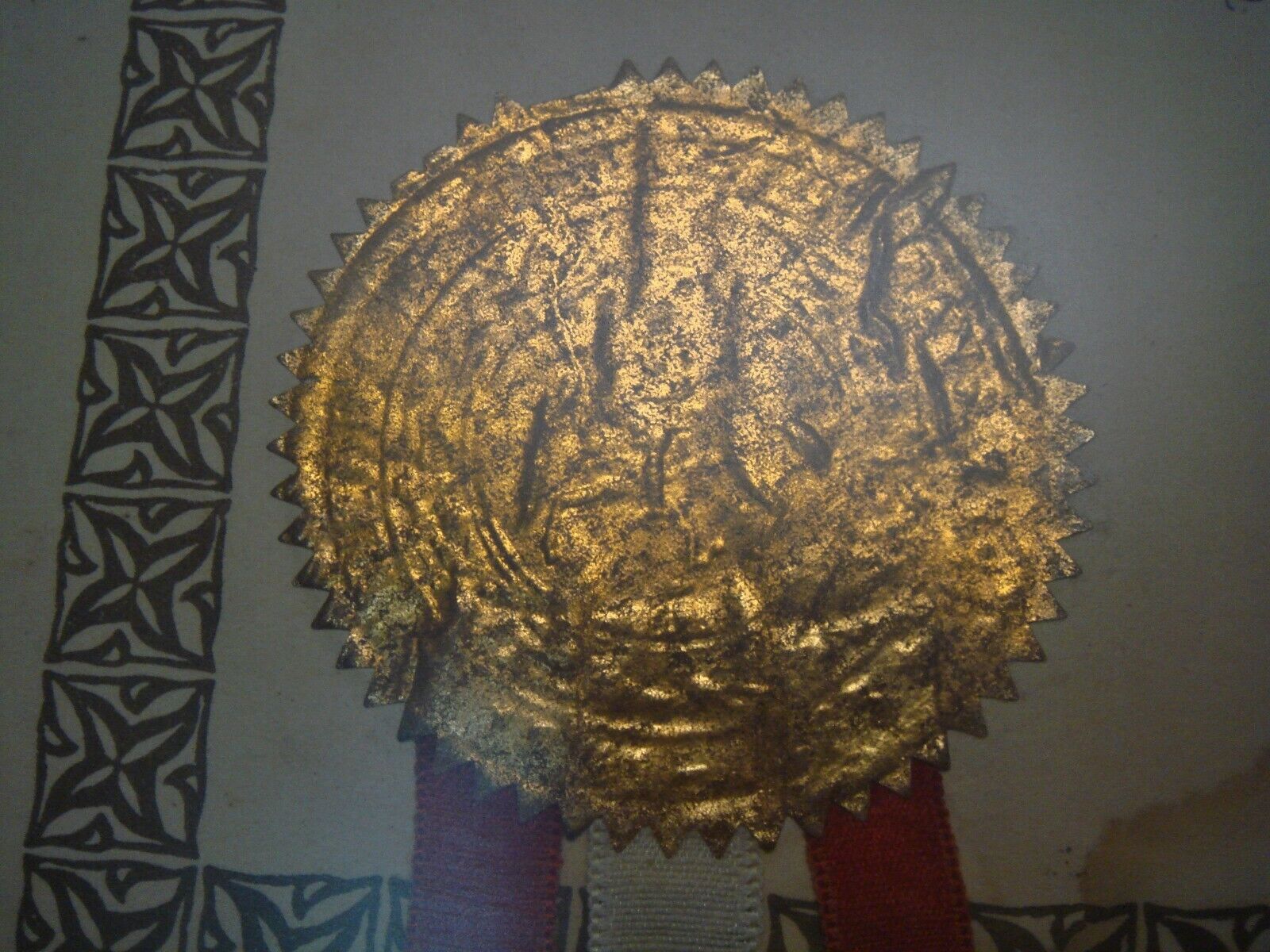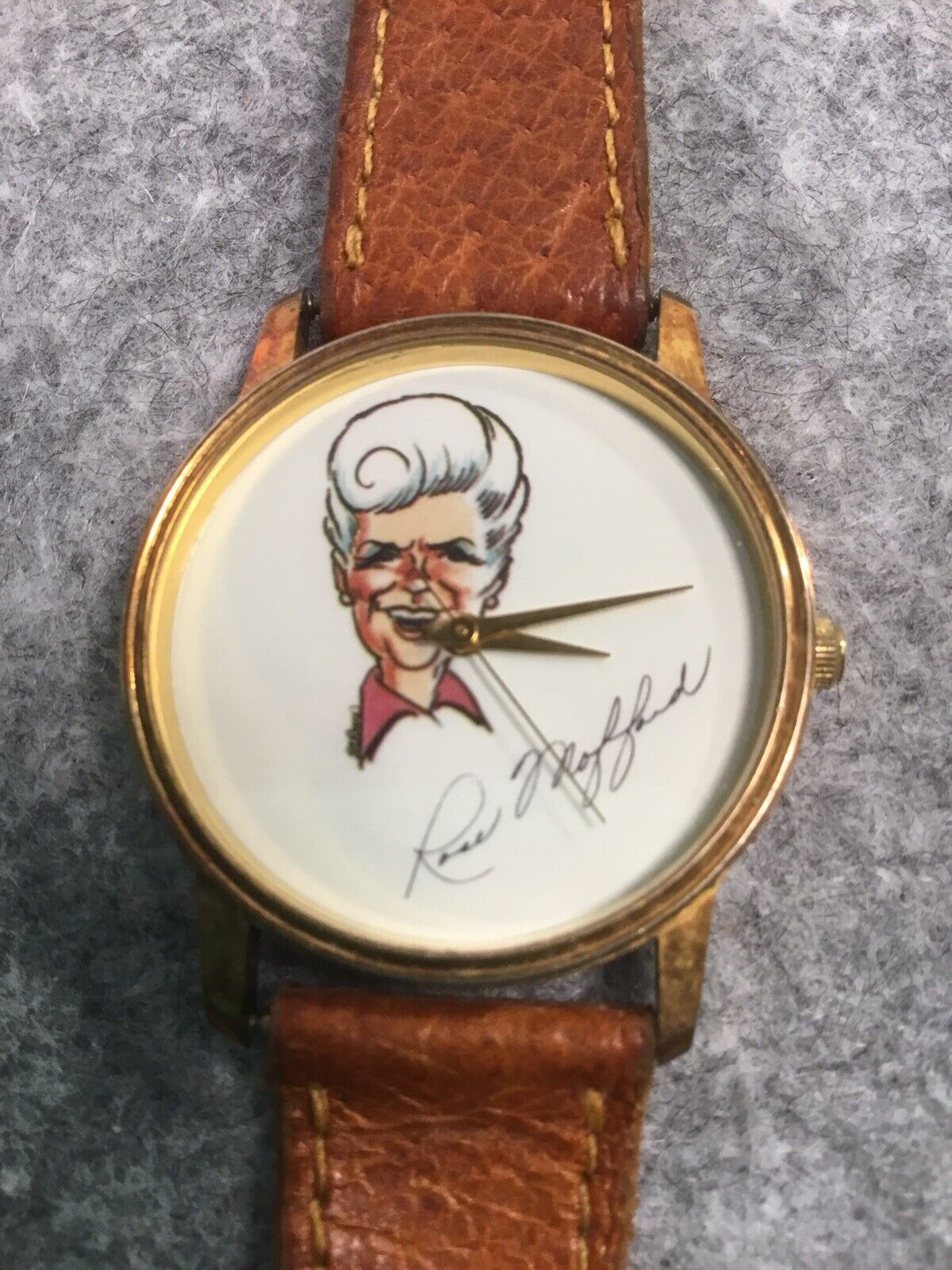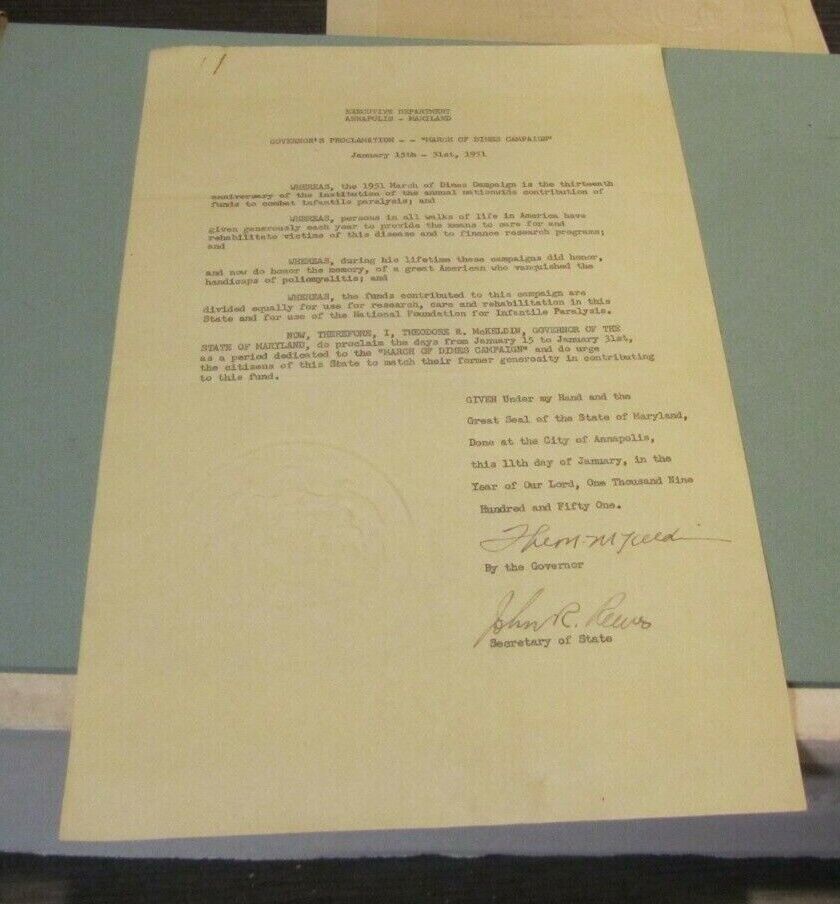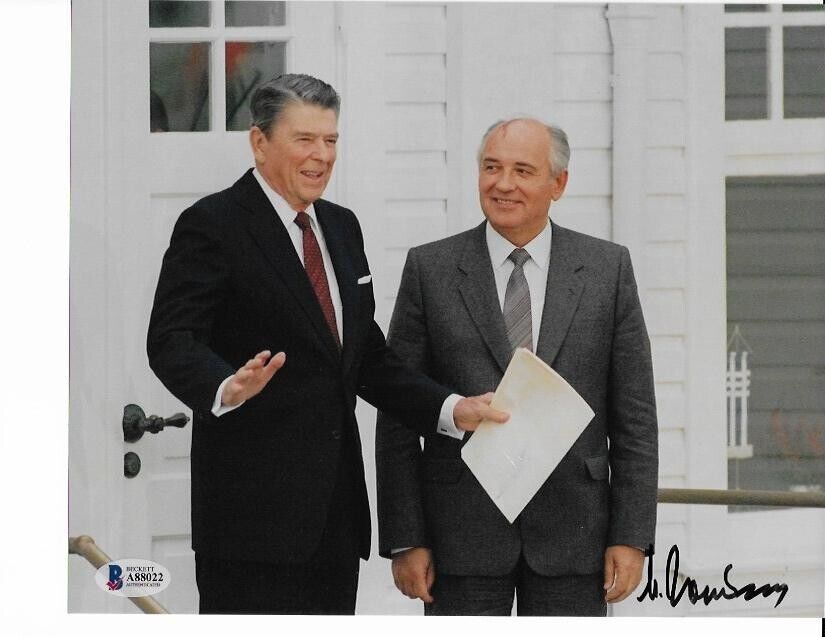-40%
Confederate General Bennett H. Young & General William E. Mickle Signed
$ 314.5
- Description
- Size Guide
Description
for sale very RARE rare nice historical collectible peaceUnited Confederate Veterans document
size with frame about 21 x 17 inches.
Original signature was signed in 1916
some information
from numismatic-mall side
MICKLE, MAJOR GENERAL WILLIAM ENGLISH
For the Civil War numismatic specialist on Confederate States of America memorabilia and C. S. A. money and stamps, here is a biographical sketch of one of the most important specialists and dealers -- Major General William English Mickle. Mickle is a contemporary of the thirteen-year younger Luther Brown Tuthill (1859-1930) who also specialized in Confederate Paper Money as a dealer in South Creek, North Carolina (q.v.).
William English Mickle (1846-1920),
was born the son of Joseph Thomas Mickle (-1898) and Nancy C. Gandy Mickle, on October 31, 1846 in Columbia, Richland County, South Carolina. He is the grandson of Major Joseph and Martha Belton Mickle of Kershaw County, South Carolina. His father was a very successful merchant and banker who moved to Mobile, Alabama in 1852. His father organized the "Merchants Guard" during the Civil War.
Start confederate service Ausust 20. 1864 , as a private 3rd Alabama infantry , Army for Northern Virginia wounded twice at Battle of CEDAR CREEK ,
October 19. 1864
Served to close of War,
e was educated at Summerville Institute, Noxubee County, Mississippi. On August 20, 1864, he went from school directly in the Confederate Army in the Mobile Cadets, Company A , 3rd Alabama Infantry, Army of Northern Virginia (of Battle's Brigade, near Winchester, Virginia). His urgency to enlist was prompted by the death of his brother Joseph English Mickle who was killed in battle at Warrenton Junction, October 14, 1863. He was severely wounded twice at the Battle of Cedar Creek, October 19, 1864. He was hit by shrapnel and as he was being carried off the field was shot in the right ankle. He only experienced two months of active duty in the field during the Civil War. He was furloughed home only to return to duty on crutches the following February 1865. The Confederate medical examiner retired him for nine months, during which time the War had ended. After the War he worked as a teacher in the school system at Barton Academy in Mobile, Alabama. He became the school principal of the Boys' Senior Grammar School.
He married Ellie Squire Woodhull (born in Branford, Connecticut), daughter of John F. Woodhull (d. 1894), now of Mobile on October 8, 1867, at Mobile, Alabama.
In 1869, he left the field of education entering the book trade at New Orleans, Louisiana, and at Mobile, Alabama. He established one of the most noted Bookstores in the South located on Dauphin Street, Mobile, Alabama.
He specialized on southern literature and history, especially regarding the Civil War and the Confederacy as well as the money and stamps of the Confederacy. His collection of Civil War memorabilia is considered to have been the largest known.
from Wikipedia
Confederate General Bennett H. Young
Early life
[
edit
]
Young's birthplace near Nicholasville
Young was born in
Nicholasville, Kentucky
;
his birthplace
is now on the
National Register of Historic Places
. He was 18 years old when he enlisted as a private in the Confederate 8th Kentucky Cavalry, a unit that became a part of General
John Hunt Morgan's
cavalry command.
St. Albans raid
[
edit
]
Young had been captured in John Hunt Morgan's 1863
raid in Ohio
, but escaped to
Canada
in the fall of that year. Young went to the south via Nova Scotia and Bermuda, where he proposed Canada-based raids on the Union as a means of building the Confederate
treasury
and forcing the
Union army
to protect their northern border as a diversion. Young was
commissioned
as a
lieutenant
and returned to Canada, where he recruited other escaped rebels to participate in the October 19, 1864 raid on St. Albans, Vermont, a quiet town 15 miles (25 km) from the Canada–US border.
Young and two others checked into a local
hotel
on October 10, saying that they had come from
St. John's
in Canada for a "sporting vacation." Every day, two or three more young men arrived. By October 19, there were 21
cavalrymen
assembled; just before 3:00 p.m. the group simultaneously staged an
armed robbery
of the three banks in St. Albans. They announced that they were Confederate soldiers and stole a total of 8,000. As the banks were being robbed, eight or nine of the Confederates held the townspeople prisoner on the
village green
as their horses were stolen. One townsperson was killed and another wounded. Young ordered his troops to burn the town down, but the four-ounce bottles of
Greek fire
they had brought failed to work, and only one
shed
was destroyed.
The raiders fled with the money into Canada, where they were arrested by authorities and held in Montreal. There, the Lincoln administration retained prominent Irish-Canadian lawyer Bernard Devlin, QC, as counsel for the prosecution in the subsequent court case, which sought the raiders' extradition. The court ultimately decided that the soldiers were under military orders and that the officially
neutral
Canada could not
extradite
them to America. They were freed, but the ,000 the raiders had on them was returned to Vermont.
Later career
[
edit
]
After the end of the Civil War, Young was excluded from
President Andrew Johnson's
amnesty
proclamation. He could not return home until 1868. Thus, he spent time studying
law
and
literature
in
Ireland
and at the
University of Edinburgh
. After being permitted to return to the
United States
, he became a prominent attorney in
Louisville, Kentucky
. His philanthropic works were legion. Young founded the first orphanage for blacks in Louisville, a school for the blind, and did much pro bono work for the poor. He also worked as a
railroad
officer as President of the
Louisville Southern Railroad
, author, and National Commander of the
United Confederate Veterans
. Young also served on the board of trustees of the
Confederate Veteran
.
[1]
In 1878, Young joined the
Polytechnic Society of Kentucky
. The most important aspect to the Polytechnic Society was that it operated the city's library. Young and many other prominent citizens of Louisville helped to save the Society from closing due to financial problems generated by a lottery scam. In 1881, Young became president of the society after the death of Robinson.
[2]
Nice to have for the collection or can be a great gift
thank you for looking and good luck
will ship to 48 continental states USA
with insurance and signature on delivery
FedEx don't ship to PO Box sorry.

















